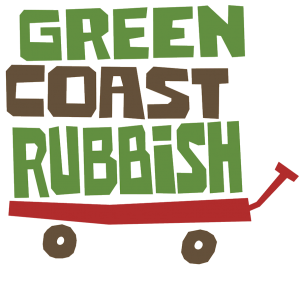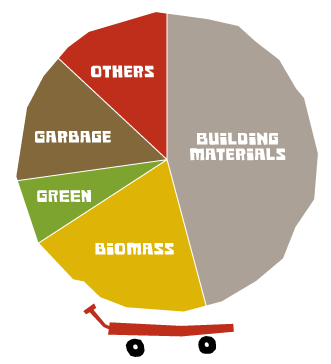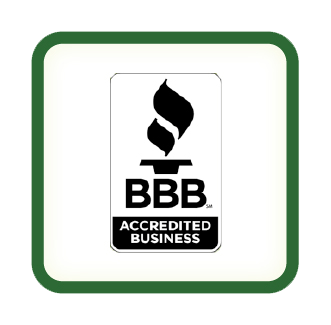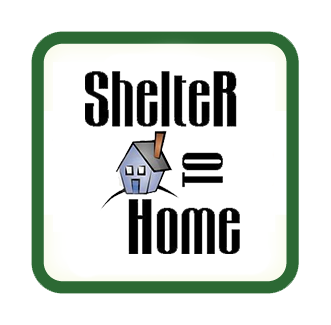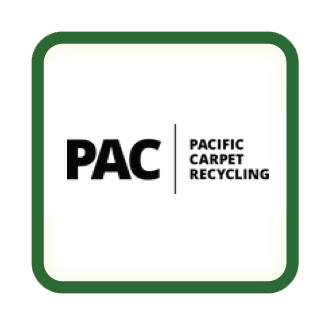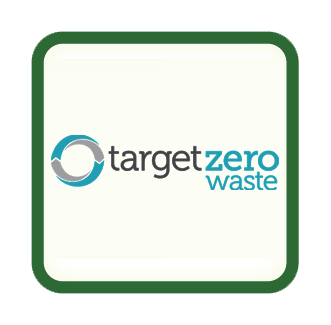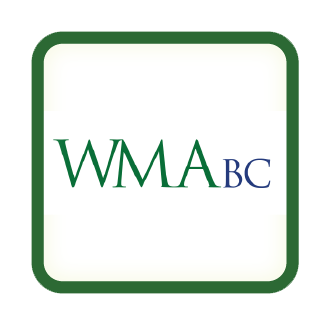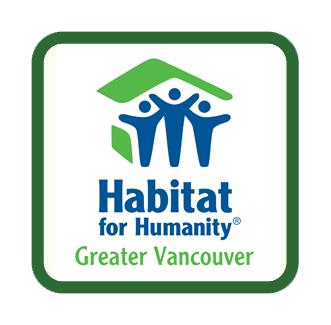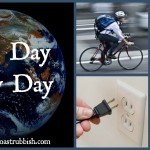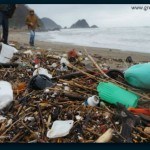In our last blog, we talked about celebrating Earth Day by inspiring every day actions to make the world a better and more sustainable place. At Green Coast Rubbish, we strive to make a difference in our daily operations by diverting the waste we collect away from the landfill to the highest extent possible and reducing our Green House Gas (GHG) footprint.
What we Do
Green Coast Rubbish offers residential and commercial “junk removal” services including recycling all sorts of waste and undertaking demolition and deconstruction projects. Our overarching goal is to divert waste away from landfills to keep our communities green.
Achievements in Sustainability
In 2014, Green Coast Rubbish achieved a major milestone by diverting an impressive 86% of the waste we collected away from our local landfills. That’s 565 tonnes or more than 1.2 million pounds of recycled materials – the weight of 83 school buses! – that we kept out of the landfills! These recycled materials included:
- 46% or 300 tonnes consisting of building materials: metal (ferrous & non-ferrous), drywall, concrete, tile, brick, dirt, asphalt & roofing shingles, etc.
- 20% or 130.73 tonnes of biomass: wood, ply wood, wood by-products, etc.
- 13% or 85.11 tonnes of others: furniture, mattresses, carpet, couches, appliances, electronics (TV’s, computers, stereos & cell & smart phones), batteries (car, marine & household), paint, Styrofoam, gasoline, pesticides, oil, aerosol cans, tires, plastic, cardboard, paper, newsprint, glass, organic waste water, florescent tubes, etc.
- 7% or 49.37 tonnes of green waste & compost: branches, leaves, grass, organic debris, etc.
Green Coast Rubbish has consistently achieved a diversion rate of at least 75% since 2010. Over the past 5 years, we recycled 1,490 tonnes of waste materials. That’s over 3.2 million pounds of recycling – the weight of 219 school buses! If you lined up those school buses end to end for a total of 2 km, that’s the amount of recycled materials we were able to divert from the landfill.
Key Partnerships
Green Coast Rubbish has formed important partnerships with local businesses that specialize in recycling materials such as foam, carpets, drywall, wood, plastic, glass, paint, compost, mattresses and e-waste.
But that’s not all.
“Whenever possible, we look for inventive ways to divert furniture, clothing, materials and goods to deserving organizations that provide benefit to our community,” explains Eamonn.
“In 2014, we donated approximately 5 tonnes of various items and materials to non-profit organizations including Habitat for Humanity’s ReStore, Salvation Army, Canadian Diabetes Association, Helping Families in Need Society, and Spinal Cord Injury BC to name but a few.”
It is these partnerships that have allowed Green Coast to be so successful in meeting its waste diversion and recycling goals.
Reducing our Carbon Footprint
Green Coast Rubbish has been involved with Climate Smart, an organization that helps businesses measure and reduce their carbon footprint while cutting costs.
“Using 2010 as our baseline, we were able to measure our carbon emissions in metric tonnes, as well as plan our emission reductions for the coming year,” explains Eamonn. “We are fully committed and accountable to working toward a greener future, and ultimately, limiting our GHG Footprint.”
In 2013, Green Coast’s emissions per revenue decreased by 70% including reducing emissions from heat (25% reduction) and staff commuting (58% reduction).
Here’s how we did it:
- Offering transit passes to employees
- Utilizing tablets and other digital technologies with the goal of being “paperless”
- Installing GPS units in all vehicles to maximize route efficiency
- Using direct deposits for pay cheques to reduce paper emissions
- Continue to reduce the amount of waste that is sent to landfill though effective waste diversion and recycling practices
- Powering down ‘phantom load’ devices at night
- Convert 100% of fleet to Biodesiel fuel
A Simple Philosophy
Creating a sustainable business involves commitment and inspiration on a day to day basis.
“It’s a pretty simple philosophy: we try our best to do the best,” explains Eamonn Duignan, president, Green Coast Rubbish.
“Reducing our carbon foot print and striving to maximize the diversion of the waste we haul are examples of how we try to do better in our daily operations to benefit our community.”
